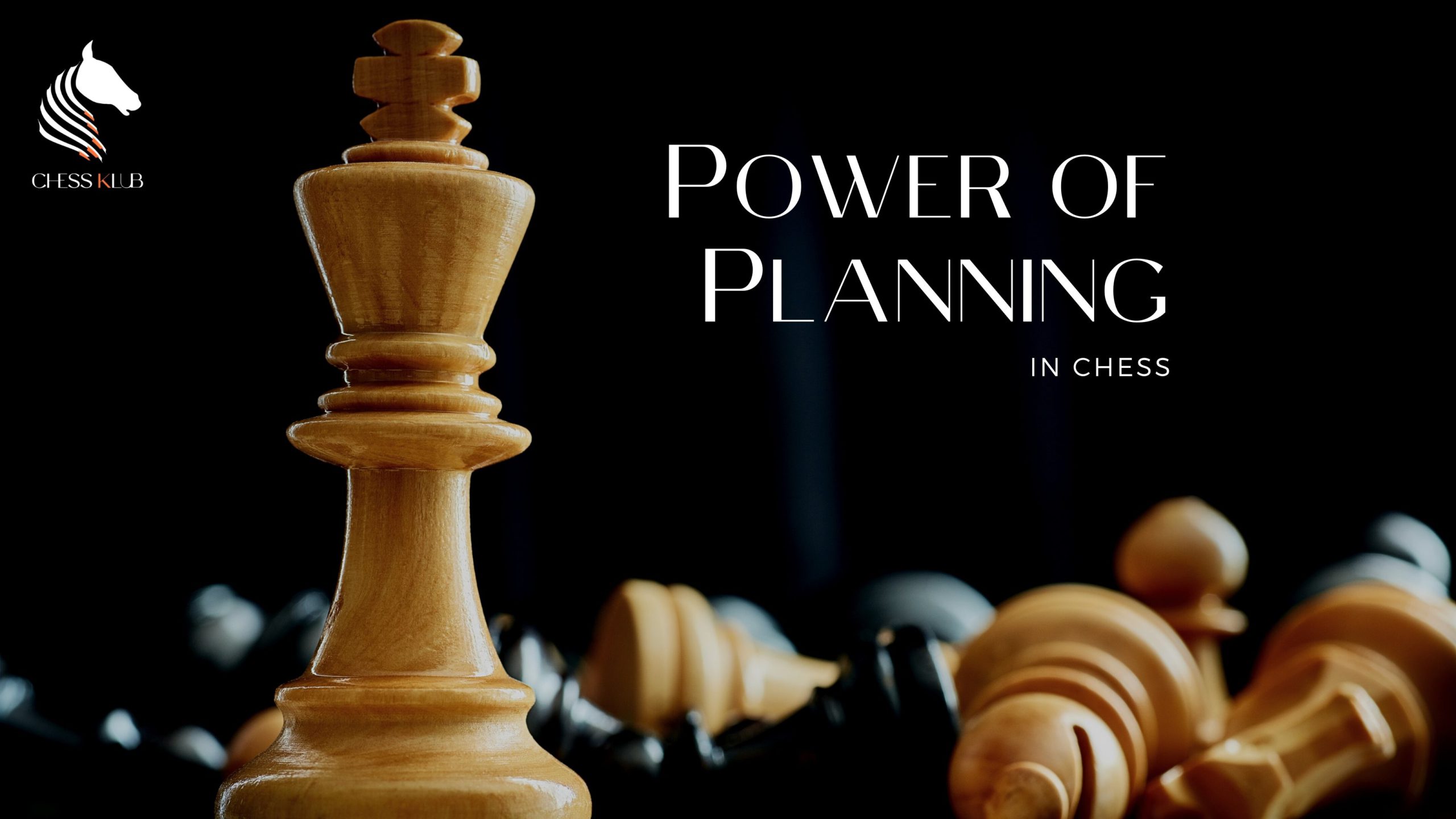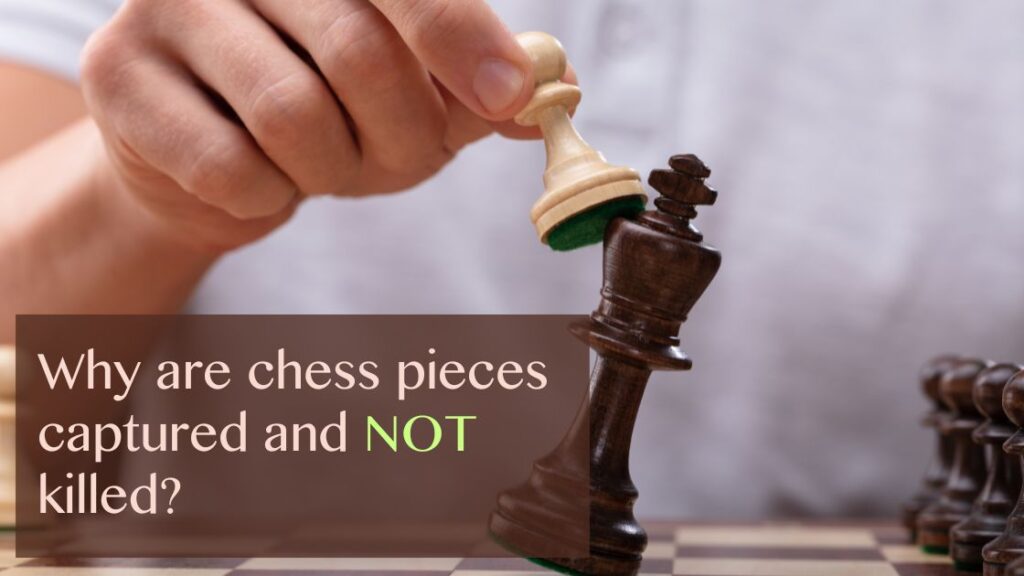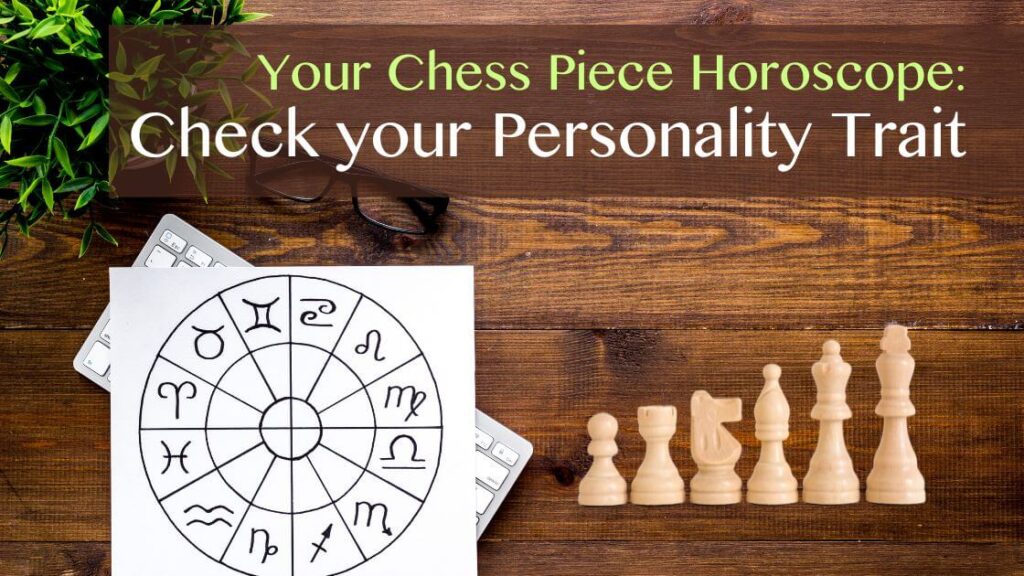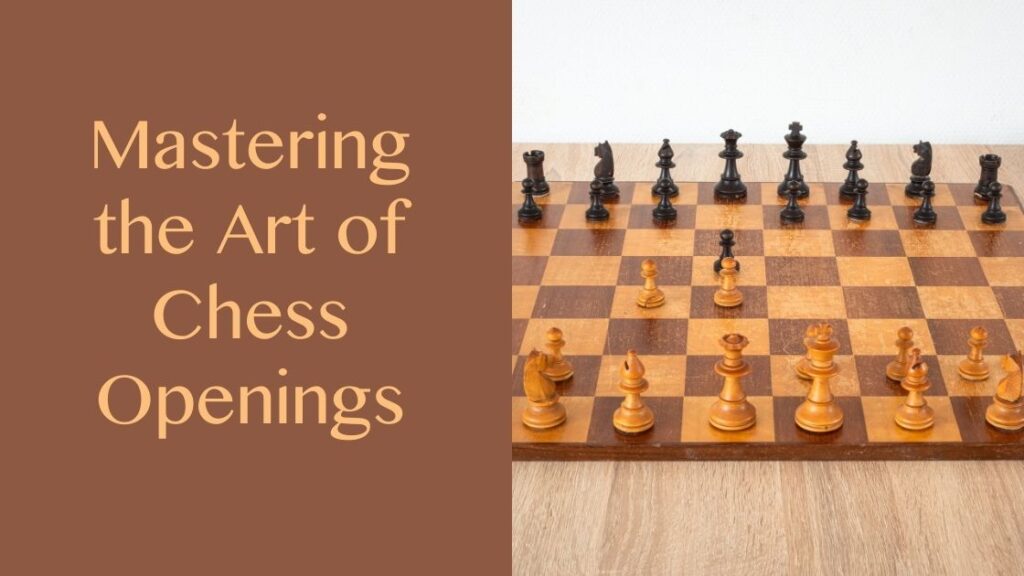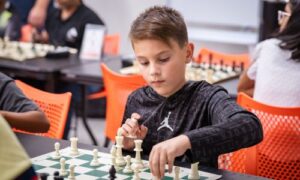Contents
3. What was your plan behind this move?
5. The key elements of planning in Chess
6. Planning at various stages in the game of Chess
. Planning at various stages in the game of Chess
8. How to win a chess game? Short term plans for long term goals
We have all been witness to the power of planning in our various life situations.
Chess is no exception.
Like any other game, it pays to plan ahead and plan well in chess. In fact, there’s a quote that goes like this, “Planlessness is punished in Chess.”
So what does planning in Chess mean?
Is it any different than the usual planning and what are the various factors that come into play?
Adrian Mikhalchishin, a Grand Master, and ace trainer at FIDE Trainers’ Commission, says in Power of Planning in Chess, “ Planning is the most difficult part of the game of chess- it is everywhere, from the opening to the ending.”
A chess players ability to evaluate his and even his opponent’s position and to formulate at least one, if not many, plan is one of the most worthwhile things to study while learning chess.
What is planning in Chess?
Planning is the process by which, a player utilizes the advantages and minimizes the drawbacks of his position. In order to promise success, planning is thus always based on a diagnosis of the existing characteristics of a the position, it is therefore most difficult when the position is evenly balanced, and easiest when there is only one plan to satisfy the demands of the position.”
Harry Golombek*, Encyclopedia of Chess
Of course I have a plan!
The aim of any chess player is to checkmate the opponent and win the game.
But remember what we addressed this – it is a goal, an aim, a direction in which the game needs to go in favor of you.
It is NOT a Plan!
To achieve the end result, you must learn to first accomplish setting a series of smaller goals and ways to accomplish them. That is what planning is all about.
Think of a relatable example.
A paintball game with 12 of you friends, 6 on each side. One of the players in the opponent team is playing really well, and is all but short of taking his team to victory. The plan to ensure your team wins could be find as much information, try to take the person out, target him collectively, or even sacrificing one of your players by getting them both engaged in a one-on-one battle.
All these are steps that you would like to try, or at least discuss with your team mates to come up with a . guess what, Plan!
Knowledge and plans
All good chess players make sure that they learn and remember everything to the best of their abilities in order to reach the stage where they could have the best plan against every opponent they face. Having knowledge of chess is just one aspect of learning the game of chess.
For planning ahead, players need to take up some crucial steps.
What was your plan behind this move?
When you are asked this question as a chess player, if you are not able to answer it with concrete explanation, it means that either you didn’t understand why certain moves you played were good/bad or you have not given enough time and thought to planning your moves.
Having a plan of action in every position in your games is crucial, because without a plan, you are just moving chess pieces around on a board. A plan is like the cohesive bond that puts everything together and without a plan, all the pieces in any of our positions would be unconnected.
How to plan well in Chess
Assess the games you played. When you are making notations and even noting the opponent’s moves, make sure that you go over these when you are by yourself, replaying the game either in your head or on the chessboard.
This will give you an opportunity to understand your strengths, weaknesses as well as the opponent’s.
Evaluate your moves.
Assuming that you planned ahead, was it your passed pawn that the opponent blocked? Were you too obvious with your game plan while you were trying to prevent counter-play? Were you able to read the attacking move the opponent in time? What about their active pieces? Did you have a plan to take over an open file- with rook or with queen?
Repeat.
When you are done with this exercise, you need to repeat this, for every game you play, and soon the planning of your moves shall become your habit or second nature. Remember, the short term plans that you carry out in your games all add up to the long term goal, and you have to learn as much about yourself, as about your opponent’s moves!
These exercises also help in developing patterns for each opponent till you face them again, and might come in handy to read their game early on the next time.
The key elements of planning in Chess
As any good chess player will tell you, Chess is all about centralization of pieces and mobility. You want your pieces to assist your movement in the centre of the board and also remain mobile in the process. In his book “Planning” , GM Neil McDonald says:
“A piece that controls one key central square can be more important than a piece that controls many squares on the wing. And a piece that takes place in a concerted action is far more valuable than a piece that is “beautifully placed” in isolation..Centralization and Mobility are the two key elements for planning in chess.
Planning at various stages in the game of Chess
From opening, middle or the endgame, every stage requires meticulous planning and flawless execution.. IM Larry Evans came up with this simple chart that he used to train his students about planning in chess.
This chart is linear but your thinking shouldn’t be!
According to him, to evaluate your position, you need to think about these 5 points
- Count the Pieces: If one side has more pieces or pawns, it can have a profound effect on the proper plans for both players.
- King Safety: If during opening, you have more pieces but the opponent’s king is safe, then obviously that matters more.
- Pawn Structure: Positional strengths, support points, pawn chains are your strengths. If you know which squares are protectable by pawns , that comes in handy, too. Your weaknesses are holes, backward pawns, passed pawns of opponent or any future passed pawn that you choose to ignore as a non threat.
- Space on the Chessboard: Who among you and the opponent has got more leg room and whose pieces are stepping on each other’s toes? Is it you that’s controlling the center? Are there any open or half-open files for you? Any place where you can use a major piece? A centralized queen, bishops slicing the board in half by dominating a long diagonal, or even an in-your-face opposing knight – space on chessboard could be a deciding factor for your plans.
- Time: Is your opponent changing his game too fast? Is he moving his pieces without the slightest hesitation?
The opening is easier, but it is also the best time to plan your endgame.
The one who is ahead in development of pieces can be the determinant while understanding the losing or winning side. The endgame, which often starts off with who is making the queen move faster often follows the tricky middle game, where with few pieces left, most players realize that they are left with really very few good moves.
The middle-game is often the most complicated part because this is where you realize whether its you or the opponent who is able to execute his plan faster.
How to win a chess game? Short term plans for long term goals
As we discussed earlier, the game of chess is made of several short term initiatives executed to plan and readjusted to make sure the changing dynamics remains in our favor. Short term plans could be of varied nature, here are just some options to understand planning for beginners.
Take a look at some kick-starter small plans as examples for how you should plan your moves for a game of chess.
- Develop your pieces
- Limit opponent’s mobility
- Block passed pawns
- Take over open files with rook / queen
- Get rid of opponent’s active pieces
- Get your pieces on their best squares
- Open diagonals for Bishops, and so on
Chess forces you to come up with plans but keep them fluid enough to adjust to the situation on the chessboard. The plans keep changing based on your position and obviously if you really want your game to be brought to a logical conclusion, there’s nothing more crucial than a well laid plan.

